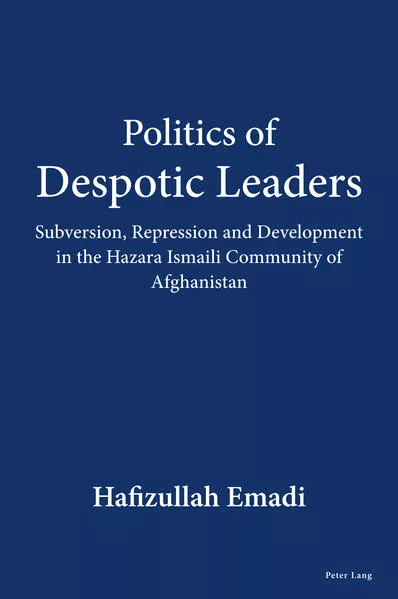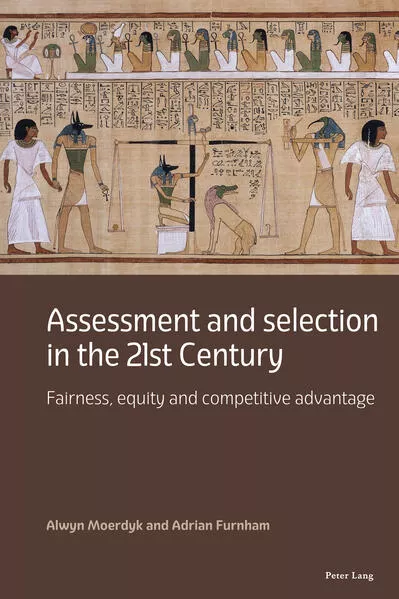
Politics of Despotic Leaders
Subversion, Repression and Development in the Hazara Ismaili Community of Afghanistan
«Hafizullah Emadi, a recognized authority on the Ismaili sect of Islam, has produced an extensively researched report on the community in Afghanistan whose leaders ("Pirs") deployed their sacred authority to build a cult of personality and dominate the social affairs of their followers. They became ever more dictatorial after the 1970s, ruling until their authority was abolished in 2002 by the pre-eminent leader of the Ismailis, the Aga Khan. This is a unique contribution to our understanding of the social and religious affairs of this marginalized and relatively unstudied Afghan community.»
(Robert L. Canfield, Professor Emeritus of Sociocultural Anthropology, Washington University in St. Louis)
«Hafizullah Emadi’s book is a fascinating introduction into the troubled history and culture of the Hazara Ismailis in the equally troubled Afghanistan. The book presents us with the portrayal of unknown structures of political and cultural meanings of a Muslim society in the 20th century that faced hostile forces from within the Islamic and from the Western world. Despite these outside challenges they sustained a questionable tradition of authoritarian community leadership.»
(Manfred Henningsen, Emeritus Professor of Political Science, University of Hawaii at Manoa)
The book studies the Hazara Ismailis of Afghanistan – a community that endured years of marginalization in a repressive environment, persevered and sustained the faith while maintaining and practicing Taqiyya, dissimulation of their faith. It examines policies and actions of local authoritarian Ismaili religious leaders in controlling every aspect of the community affairs. The book also explores the status of Ismailis during and after the US-NATO occupation period and efforts by the Ismaili spiritual leader, the Aga Khan, who in 2002 with a stroke of a pen removed the tyrant Ismaili leaders - abolished the hereditary system of leadership in the Ismaili community, established modern institutional structures and appointed new generation of leaders to guide the community for a three-year term renewable once – a system of leadership that liberated Ismailis from bondage to their local religious and tribal leaders and allowed grassroots participation of the people in the daily affairs of their community.
Unterstütze den lokalen Buchhandel
Nutze die PLZ-Suche um einen Buchhändler in Deiner Nähe zu finden.
Bestelle dieses Buch im Internet
| Veröffentlichung: | 30.08.2024 |
| Höhe/Breite/Gewicht | H 22,9 cm / B 15,2 cm / 662 g |
| Seiten | 460 |
| Art des Mediums | Buch [Taschenbuch] |
| Preis DE | EUR 85.95 |
| Preis AT | EUR 88.30 |
| Auflage | 1. Auflage |
| ISBN-13 | 978-1-803-74651-7 |
| ISBN-10 | 1803746513 |
Über den Autor
Hafizullah Emadi received a Master’s degree in journalism from the University of Illinois at Urbana-Champaign and a doctorate degree from the University of Hawaii-Mano. Since then he taught and conducted research at various academic and research institutions in the United States. He worked as a consultant for international non-government agencies and writes on international affairs, community development and minority communities and women issues in the Middle East, Central Asia and Eastern European countries.
Diesen Artikel teilen
0 Kommentar zu diesem Buch
.... weitere Publikationen von Peter Lang Ltd. International Academic Publishers
Okkultes Historiendrama über den bedeutendsten Geheimkult der Antike - Spannung, Archäologie, Liebe und Mystery
Bewerbungsfrist bis zum: 17.03.2026


















